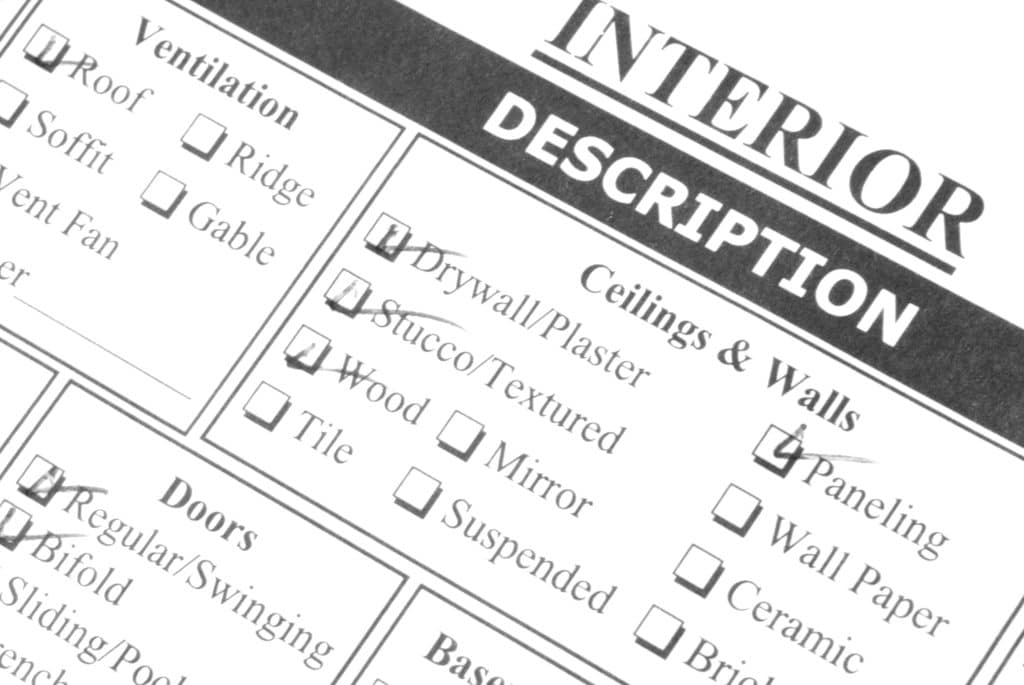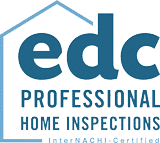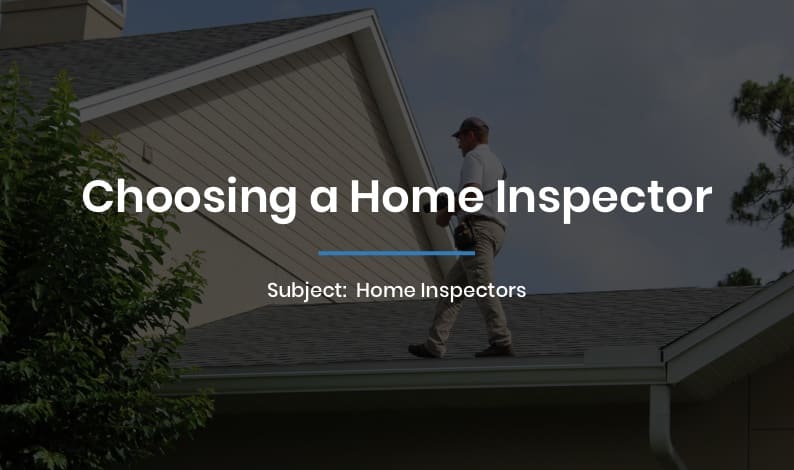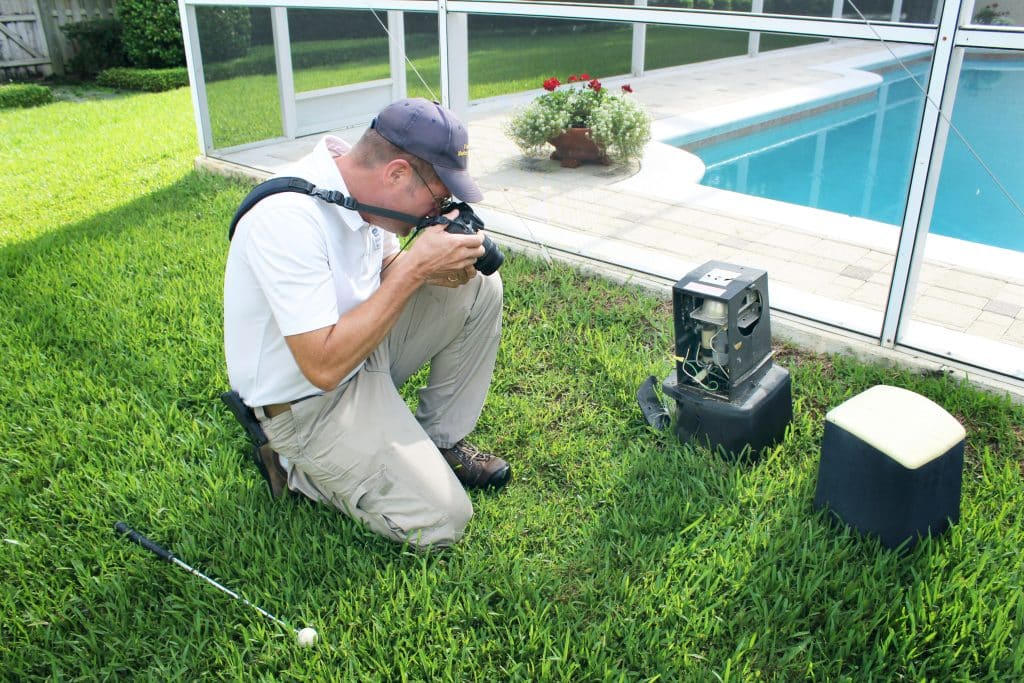Buying a home is one of the most important financial investments you will ever make. But how do you know if the house is everything it appears to be?
If you’re about to purchase a home, you need to have a professional inspector out to assess the property. Your real estate agent can guide you through this process or you can read on to find out exactly how to choose a home inspector.
What Is A Home Inspection?
A home inspection is a visual inspection of the physical structure and mechanical condition of a home, from roof to foundation. The inspection is designed to identify problems that may exist, advise of repairs needed and, in some cases, provide preventive maintenance advice. A home inspection points out the positive aspects of a home, as well as the maintenance that will be necessary to keep it in good shape.
In Florida home inspectors are required to be licensed by the state. This means that they are regulated and tested to ensure they have a minimum competency to advise homeowners. The value of the inspector varies based on their areas of experience and what services they offer.
How To Choose A Home Inspector
When making the choice of which inspection company to select we recommend considering the following:
Ask Friends and Family
Friends and family are invaluable when it comes to choosing an inspector. Because they’re close to you, they will be honest, upfront, and tell you all you need to know about a company and their practices. It’s important to make sure they’re being fair in their assessment of a business and not just annoyed that the inspector was 3 minutes late.
We recommend checking through the Better Business Bureau (BBB) to make sure the company is legit, or ask your local Chamber of Commerce to see if the company is an active member and in good standing.
Look For Expertise
Are you searching for a home inspector for a commercial building and they make a point on their site that they specialize in ocean front residential homes? That might not be the best inspector for you. Look for someone who is versatile in their knowledge of home types, and ask questions if you’re unsure. Any inspector who is unwilling to answer questions, you probably don’t want to hire them.
Do They Engage In Continuing Education?
Building codes, material changes, and pricing– Oh my! Things change all of the time in the construction and inspection world so it’s important that your inspector stays up to date on the latest changes. Ask them if they regularly attend continuing education courses or seminars.
Ask About Professional Training
Your dwelling is a major financial investment and you deserve the best home inspector you can find. Ask your inspector if they belong to any professional associations such as the International Association of Certified Home Inspectors or the National Society of Professional Engineers. Membership in professional associations may offer added assurance of an inspector’s qualifications and training.
Also ask if they are a Master Home Inspector. It’s different than just being certified.
Conflict of Interest
Be wary of inspectors who say you need ‘this that or the other thing’ and then recommend their buddies to fix those problems. That’s considered a conflict of interest and downright shady. But don’t confuse this recommendation with advice from your real estate agent. They do this for a living and can recommend the best inspectors in the area.

Will The Inspector Let You Be Present?
Having the prospective home buyer at the inspection is very important. The majority of home inspectors will allow you to tour the home with them and ask questions during or after the inspection. Having the inspector show you what they’re looking for, showing you the areas of concern, and telling you what steps to take makes understanding what the home needs and the decision process much easier than the report.
Keep in mind that home inspections are not a short process. Expect to be at the home for roughly 2.5 hours from start to finish. If it’s a larger home it can take up to 5 hours.
Ask About The Report
Ask your inspector how long it takes to receive your report after the inspection process. If they say that it takes any more than a few days to a week, find another inspector. Your report arms you with the knowledge that you need and you need it as soon as possible.
Familiarize yourself with sample reports before your report is finished. It will make reading your report much easier.
Buying a Home Is Stressful but Your Choice of Inspector Doesn’t Have to Be
Even though buying a home is an exciting process, it’s also a daunting one. Luckily, choosing your home inspector doesn’t have to be part of your stress.
Ensuring that the inspector you choose is not only licensed but also comes highly recommended by locals, has relevant expertise, and actively engages in bettering themselves can make all the differences in safeguarding your investment.
If you need a home inspection or have questions about the home inspecting process, don’t hesitate to reach out. Call us today and we’ll be happy to help.



